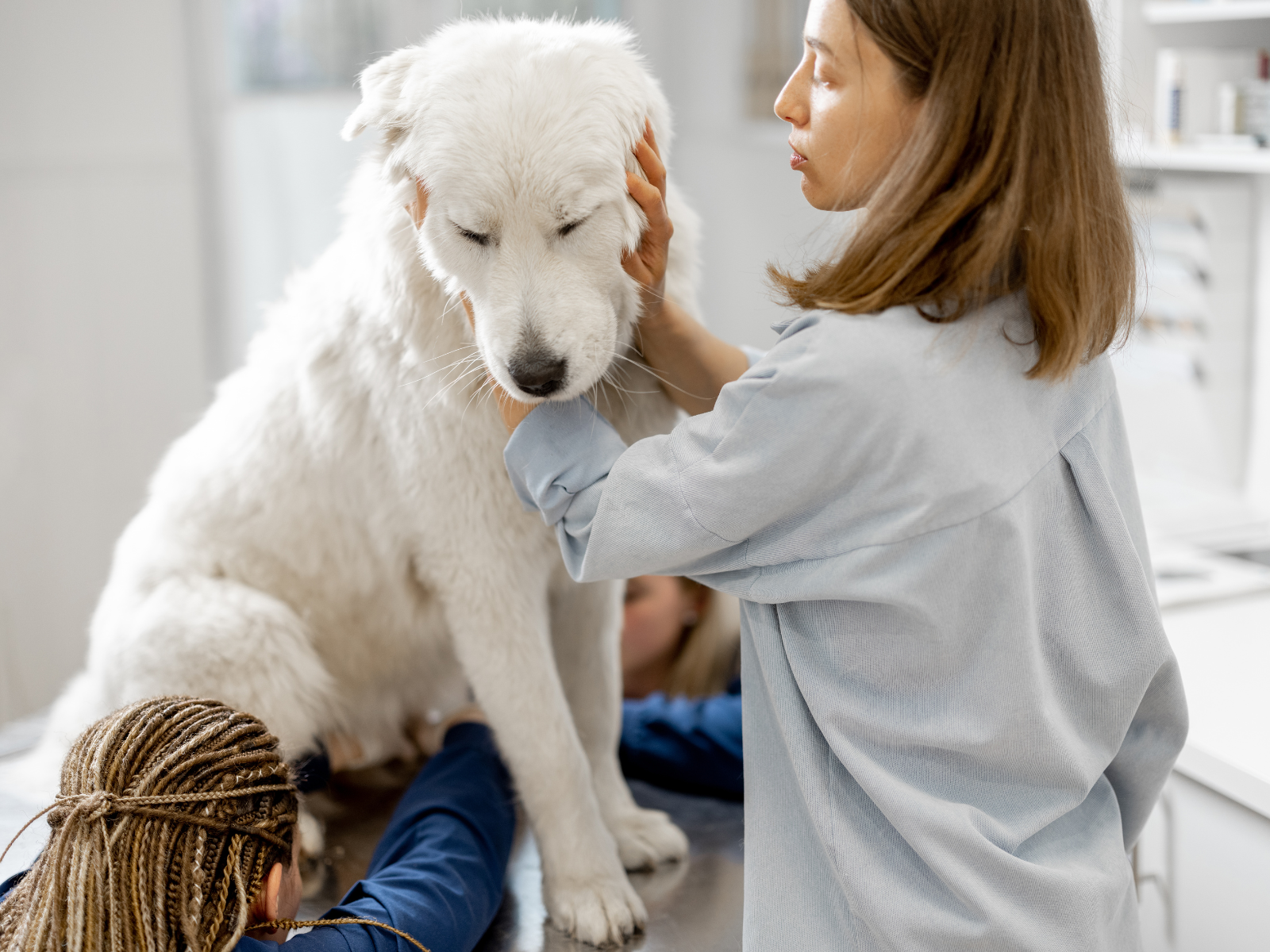
We’re Here To Help
We have gathered the following information and resources to help you and your pets navigate some of life’s unexpected changes and challenges.
If you are part of an organization providing support to pet guardians that may fit the resources on this page, please email your information to [email protected].
Quick Navigation
Behaviour Resources & Guides
Mental games are of huge benefit to both people and pets. If you are looking for new ways to exercise your pet, there is a wealth of training and enrichment resources available online that can help keep your pets preoccupied and happy. It is also important to start practicing training activities that help us manage and correct many issues, such as separation anxiety, through positive reinforcement and force-free training.
Here are some training and enrichment videos/resources we recommend:
- EHS Free Pet Behaviour Resources
- Dogs Trust Dog Training Resources
- Home School the Dog from DogsThat.com
- ASPCA DIY Canine Enrichment
- ASPCA DIY Feline Enrichment
- ASPCA At-Home Tips for Keeping Your Pets busy and Engaged
To help prevent and/or manage separation anxiety in your pet, we recommend:
- EHS Dog Behaviour Guide: Separation Anxiety
- Free Free At Home Webinar – Now You’re Here, Now You’re Not: Preparing Your Pet for Yet Another Change
- Fear Free At Home: Helping Dogs with Separation Anxiety
- ASPCA Common Dog Behaviour Issues: Separation Anxiety
If you are experiencing other behaviour issues with your pet, we recommend:
Ask A Specialist
We are fortunate enough to have amazing staff and supporters who can help. If you are experiencing behavioural difficulties with your cat or dog and would like to talk to a professional about your concerns, our EHS trainers are here to support you. If your question isn’t answered in one of our free resources you can…
- Email or call us
- Ask your question
- Tell us the best way and time to reach you back
- Allow for 1-2 business days for our behavior experts to answer your questions and give suggestions on how to handle your situation
Phone 780-491-3521 to reach our free pet behaviour hotline, or email us through the button below.
Lost Pet Support
Losing a pet can be stressful both us and our animals. Animals who are lost inside the City of Edmonton limits first arrive at the Animal Care & Control Center and those found outside of the City limits may come to the Edmonton Humane Society. Visit our lost pet page to start your search or to help someone on theirs, as well as learn about other ways you can help pets who may be lost.
You can find additional tips and guidance from the City of Edmonton by visiting the page linked below.
Rental Supports for People with Pets
We understand that finding a rental property that accepts pets can be a challenge so we’ve put together a full PDF guide for you to download. This document is full of useful information, advice and links for anyone looking to rent with their animal companion.
Financial Support for Veterinary Care
We understand many people are facing financial challenges in the current economy and thank you for exploring financial support options to ensure your pet can get the veterinary care it needs. Here are some we recommend looking into:
- Tails of Help
- If you are low income, disabled or a senior residing within Alberta, speak to your veterinarian about eligibility to provide essential health care (treatment without which the ill or injured animal will die, require humane euthanasia, or cause undue suffering to the pet).
- Alberta Helping Animals Society
- If you are qualified low income household or from a vulnerable population, you may be eligible for some assistance which could include no-cost veterinary care for your companion animal.
- Edmonton Humane Society PALS (Prevent Another Litter Subsidy)
- Providing low cost spay/neuter services for qualified low income households

Other Options to Consider
- Inquire at your veterinary clinic about payment options or plans.
- Ask friends or family members for assistance.
- Consider financing through Petcard
- Many VCA Canada Veterinary Centres have a financing option through PayBright and recommended pet insurance providers.
- Search for personal lending organizations that help with pet care/veterinary loans.
We also highly recommend checking out pet insurance options to help cover the costs of unexpected veterinary care in the future.
Other Pet Food Banks to Consider
The following food banks and organizations help to provide pet food supplies:
*Note: if you are viewing on mobile, you may need to scroll right on the below table to see the contact details for each food bank.
| Location | Organization Info | Phone |
| Edmonton | Boyle Street’s Pet Food Bank (drop-in) Wednesdays from 10:00 a.m. until 12:30 p.m. Access through the East side gate of Boyle Street Community Services. | 587-334-2906 |
| Edmonton | Edmonton Food Bank (Food hampers can include pet food)
Contact to Request and Schedule Pick-up |
780-425-4190 |
| Edmonton | Alberta Animal Rescue Crew North Haven
Contact to Request and Schedule Pick-up |
587-498-0813 |
| Edmonton & Alberta (Outside Calgary) | Alberta SPCA Help for Animals | See Website for Contact Form |
| Calgary | AARCS Food Assistance Program | Request Online |
| Red Deer | Alberta Animal Services or Red Deer Food Bank | 403-347-2388 / 403-346-1505 |
| Lethbridge | City of Lethbridge Pet Food Bank | 403-320-4099 |
| Nanton | NAPS Pet Food Bank | |
| Fort McMurray | Fort McMurray SPCA Pet Food Bank | 780-743-8997 |
| Across Alberta | ALPL Pet Food Banks | See Website for Contact Info Based on Location |
Food Banks for People
The below food banks for people may also have some supplies for pets. We recommend calling in advance to check supplies.
*Note: if you are viewing on mobile, you may need to scroll right on the below table to see the contact details for each food bank.
Emergency Preparedness With Pets
Being prepared for an emergency in advance will give you peace of mind that both you and your pets will have what you need in the event of a crisis.
It is recommended that you have 14 days worth of supplies. You can learn more about the steps you can take to make sure you and your animal companions are prepared in case of an emergency by reading our article linked below.
For more information on emergency preparedness, visit the Government of Canada Get Prepared website.
Emergency Boarding Services
The following programs are available in Alberta for those requiring emergency boarding for their pets:
- Guardian Angel Program – For those who are hospitalized or who are leaving situations of domestic violence and need care for their pets. Program is run by CAWS (Companion Animal Welfare Society) in partnership with GEARS (Greater Edmonton Animal Rescue Society).
- Alberta SPCA Pet Safekeeping Program – For those who are leaving situations of domestic violence and need care for their pets
If you or someone you know is experiencing domestic violence, the Government of Alberta also offers a 24-hour Family Violence Information Line with anonymous support at 310-1818, or find more information here.
Questions? Contact us.

